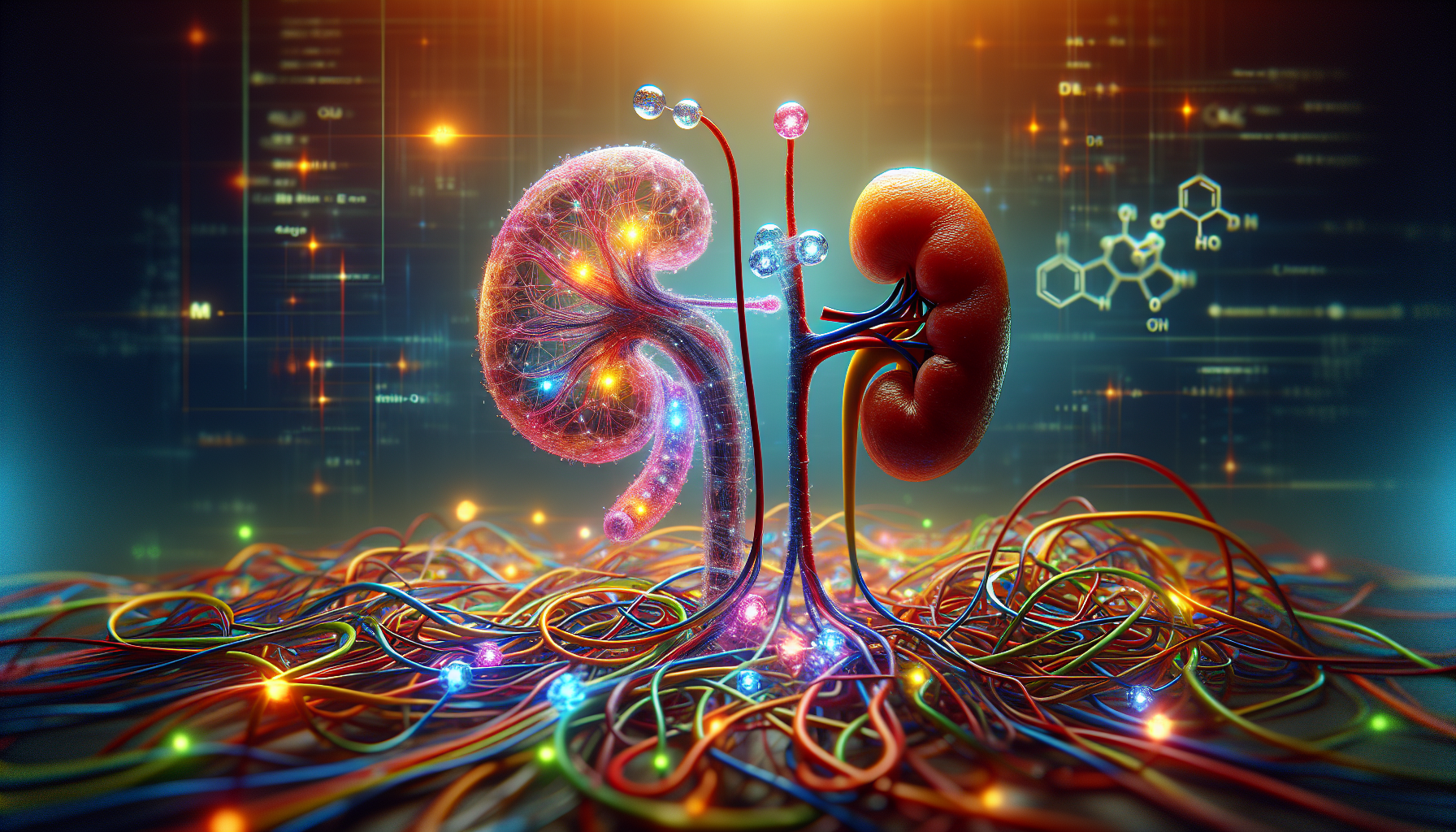Promising New Treatment for C3 Glomerulopathy Shows Positive Results
Key Takeaways
- Iptacopan significantly reduces proteinuria in C3G patients.
- The new treatment shows promise in improving overall kidney function.
- Further research is needed to assess the long-term benefits of iptacopan.
Did You Know?
Introduction to C3 Glomerulopathy
C3 glomerulopathy (C3G) is a rare kidney disorder caused by abnormalities in the immune system's complement pathway. It leads to the buildup of immune proteins in the kidneys, which can result in kidney damage and impaired function.
As the disease progresses, patients often experience a decline in kidney function, which can eventually lead to end-stage renal disease requiring dialysis or a kidney transplant. Unfortunately, there have been no FDA-approved treatments specifically for C3G until now.
Breakthrough Findings from the APPEAR-C3G Trial
Exciting results from the APPEAR-C3G trial, presented at the 61st European Renal Association Congress, suggest that the nephrology community may soon see its first FDA-approved therapy for C3G. The trial assessed the efficacy, safety, and tolerability of iptacopan, an oral factor B inhibitor, compared to a placebo.
In this study, 74 patients with C3G were randomly assigned to receive either 200 mg of iptacopan twice daily or a placebo. One key eligibility criterion was having serum C3 levels below 77 mg/dL, indicating significant kidney involvement.
Primary Outcomes and Proteinuria Reduction
The primary outcome of the trial was the change in proteinuria, measured by the 24-hour urine protein to creatinine ratio (UPCR), after 6 months of treatment. Proteinuria is an important marker of kidney disease progression.
The results were highly encouraging: patients treated with iptacopan experienced a significant 35.1% reduction in proteinuria compared to those who received the placebo. This substantial decrease suggests that iptacopan could effectively slow down or even halt the progression of kidney damage in C3G patients.
Impact on Kidney Function and Composite Renal Outcome
Secondary outcomes of the trial included changes in the estimated glomerular filtration rate (eGFR) and a composite renal outcome. The composite outcome was defined as a 50% or greater reduction in UPCR combined with a reduction in eGFR of 15% or less over the 6-month period.
Patients treated with iptacopan were seven times more likely to achieve this composite renal outcome compared to those on the placebo. Additionally, iptacopan use was linked to a slight improvement in eGFR, indicating better overall kidney function.
Additional Benefits of Iptacopan
Further analysis revealed other beneficial effects of iptacopan. Patients experienced a significant increase in serum C3 levels, a reduction in alternative complement pathway activity, and a decrease in other markers of kidney damage such as plasma sC5b-9 and urinary sC5b-9/creatinine levels.
These findings suggest that iptacopan not only reduces proteinuria but also positively impacts several other aspects of kidney health in C3G patients.
Next Steps in Research
According to lead investigator David Kavanagh, MBChB, PhD, further research is needed to determine the long-term effects of iptacopan and whether it will be a chronic treatment for patients. The possibility of lifelong treatment will depend on whether the underlying cause is genetic or autoimmune.
Future studies will also explore the potential to combine iptacopan with other therapies, such as B-cell depleting agents, which may allow for more targeted and personalized treatment plans.
Conclusion
The APPEAR-C3G trial represents a significant milestone in the treatment of C3G, offering new hope to patients who previously had no proven therapy options. With iptacopan showing such promising results, the landscape of managing C3G may soon change dramatically.
Ultimately, these advances underscore the importance of continued research and innovation in nephrology, providing a brighter future for those affected by rare kidney diseases.






